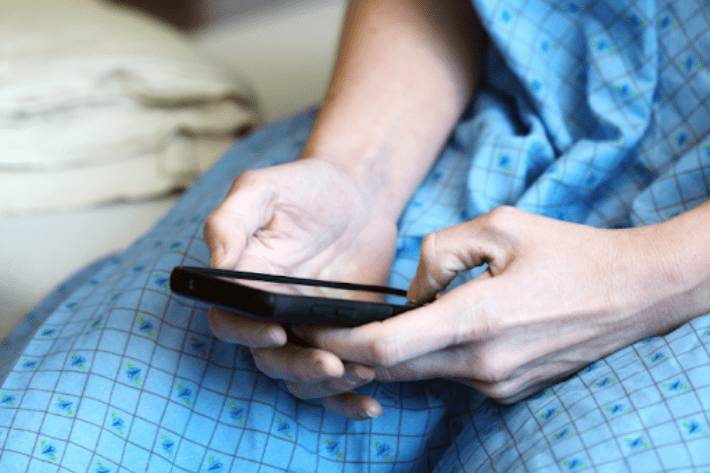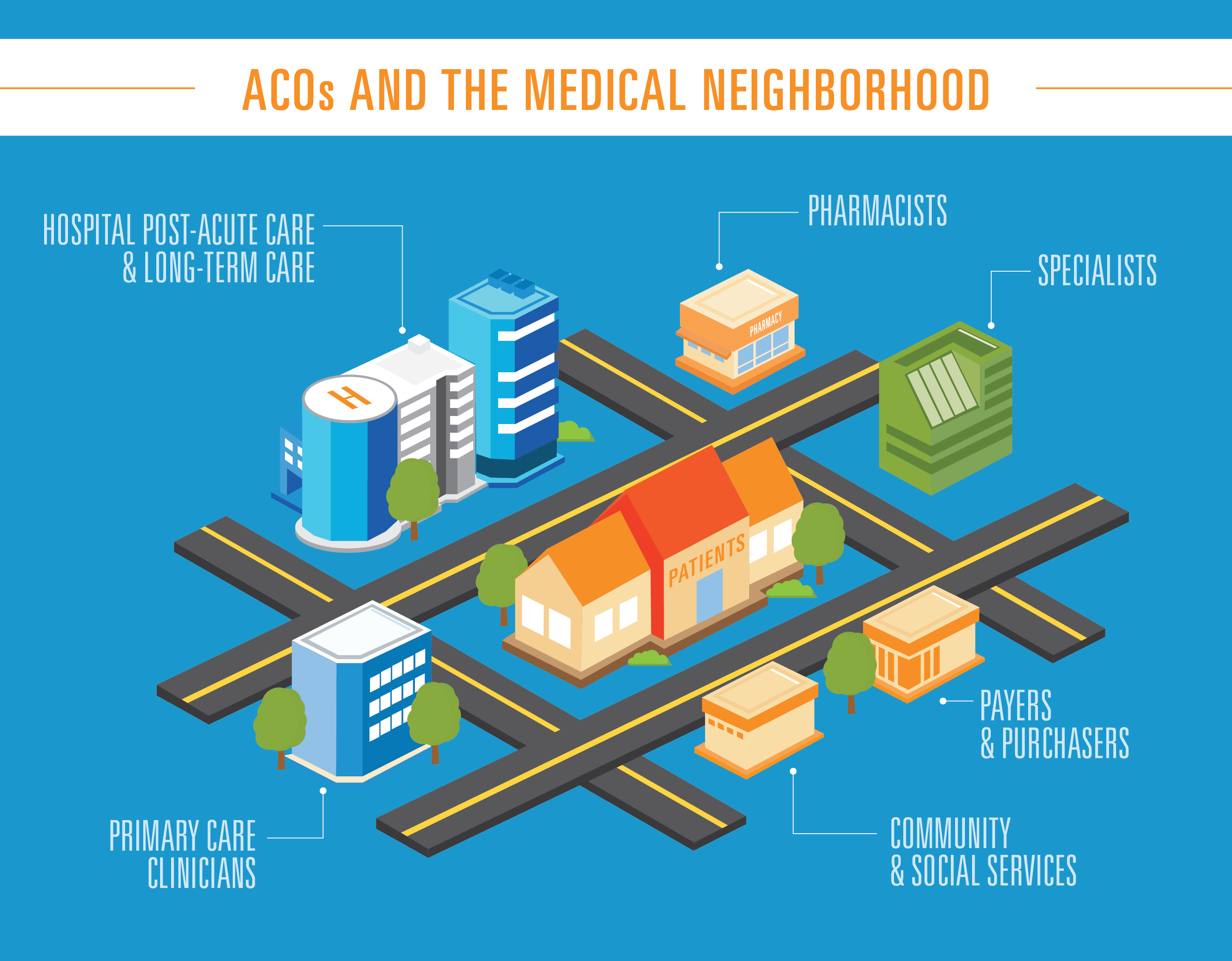
Empowering Health Equity: A Conversation with Sonni Mun, MD, Chief Medical Officer on the Frontlines

In the dynamic landscape of healthcare, conversations around social determinants of health (SDoH) and health equity have moved from the sidelines to the forefront of strategic planning. Recently, we had the opportunity to delve into these critical issues with Quality Reviews’ Chief Medical Officer, Sonni Mun, MD who is deeply committed to the healthcare sector’s push towards more equitable and comprehensive patient care.
The Urgency of Addressing SDOH and Health Equity
Dr. Mun opened our conversation by stressing the intrinsic link between health equity and the social determinants of health. With a career spanning multiple facets of healthcare, from practicing medicine to developing healthcare technology, Dr. Mun’s insights are grounded in extensive firsthand experience.
“It’s so basic and intuitive,” Dr. Mun begins, reflecting on the importance of SDoH in patient care. “Keeping patients healthy isn’t just about treating them when they’re sick; it’s about understanding their environment, their challenges, and the resources available to them.” This perspective comes from years of visiting patients in their homes, seeing firsthand the myriad factors influencing their health outside the clinical setting.
Beyond the Mandates: A Vision for Genuine Impact
The discussion shifts to the current healthcare mandates, like CMS’s push for screening patients for SDoH. Dr. Mun critiques these as merely scratching the surface, emphasizing that real change requires a deeper, more continuous engagement with patients’ lives beyond the hospital walls.
“Screening patients before an inpatient visit is a start, but it’s not enough,” Dr. Mun argues. The real question, she posits, is what happens after the screening? What actions do healthcare providers take with that information? It’s about making these efforts efficient, clinically relevant, and tied to better outcomes—not just ticking a box.
The Role of Technology in SDOH Interventions
As the conversation progresses, Dr. Mun underscores the critical role of technology in bridging the gap between inpatient care and ongoing, real-world support for patients. She highlights the evolution of healthcare technologies, including those developed by her company, designed to address SDoH in a holistic and sustainable manner.
“Our tools are based on real-life experiences, built over time to meet the actual needs of healthcare providers and their patients,” Dr. Mun explains. This approach stands in contrast to solutions developed in isolation, which may not align with the day-to-day realities of patient care.
Looking Forward: The Imperative for Continuous Engagement
Dr. Mun calls for a paradigm shift in how healthcare systems approach social determinants of health (SDoH), advocating for continuous, comprehensive engagement with patients’ social and environmental contexts. This involves not only technological solutions but also a cultural shift within healthcare organizations to prioritize health equity as a core component of patient care.
“The mandate is just the beginning,” Dr. Mun asserts. “True investment in solving SDoH requires ongoing monitoring, intervention, and a commitment to understanding each patient’s unique challenges.”
Closing Thoughts: The Future of Healthcare
As our interview concludes, Dr. Mun leaves us with a powerful message about the future of healthcare. Addressing SDoH and advancing health equity are not just regulatory requirements—they are moral imperatives that demand innovative solutions, dedicated resources, and a deep-seated commitment to transforming the lives of patients across the socioeconomic spectrum.
Through Dr. Mun’s lens, the path forward is clear: healthcare must evolve to embrace a more holistic, equity-focused approach that transcends traditional boundaries and mandates, leveraging technology and human empathy to build a healthier, more just world for all.








